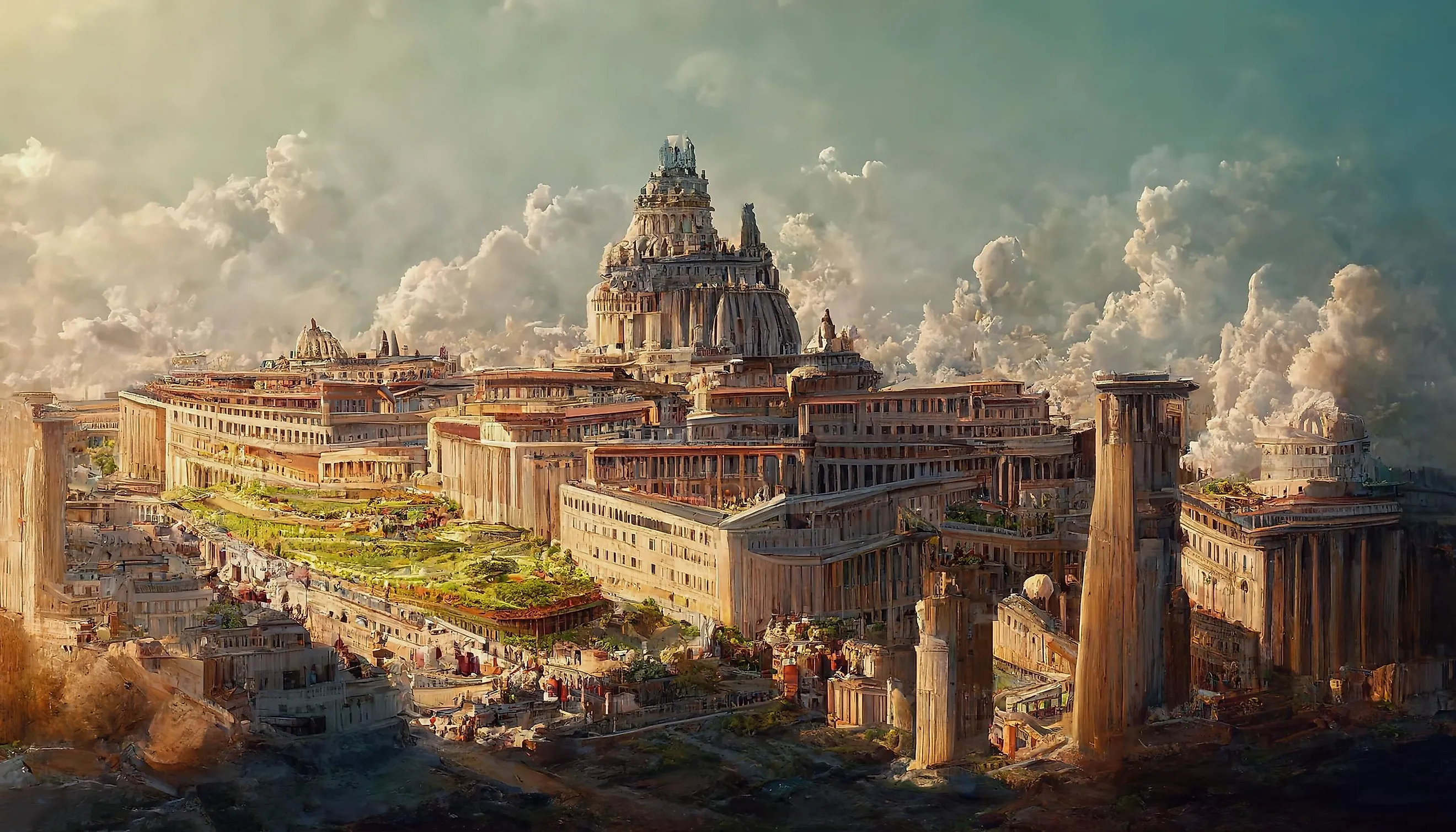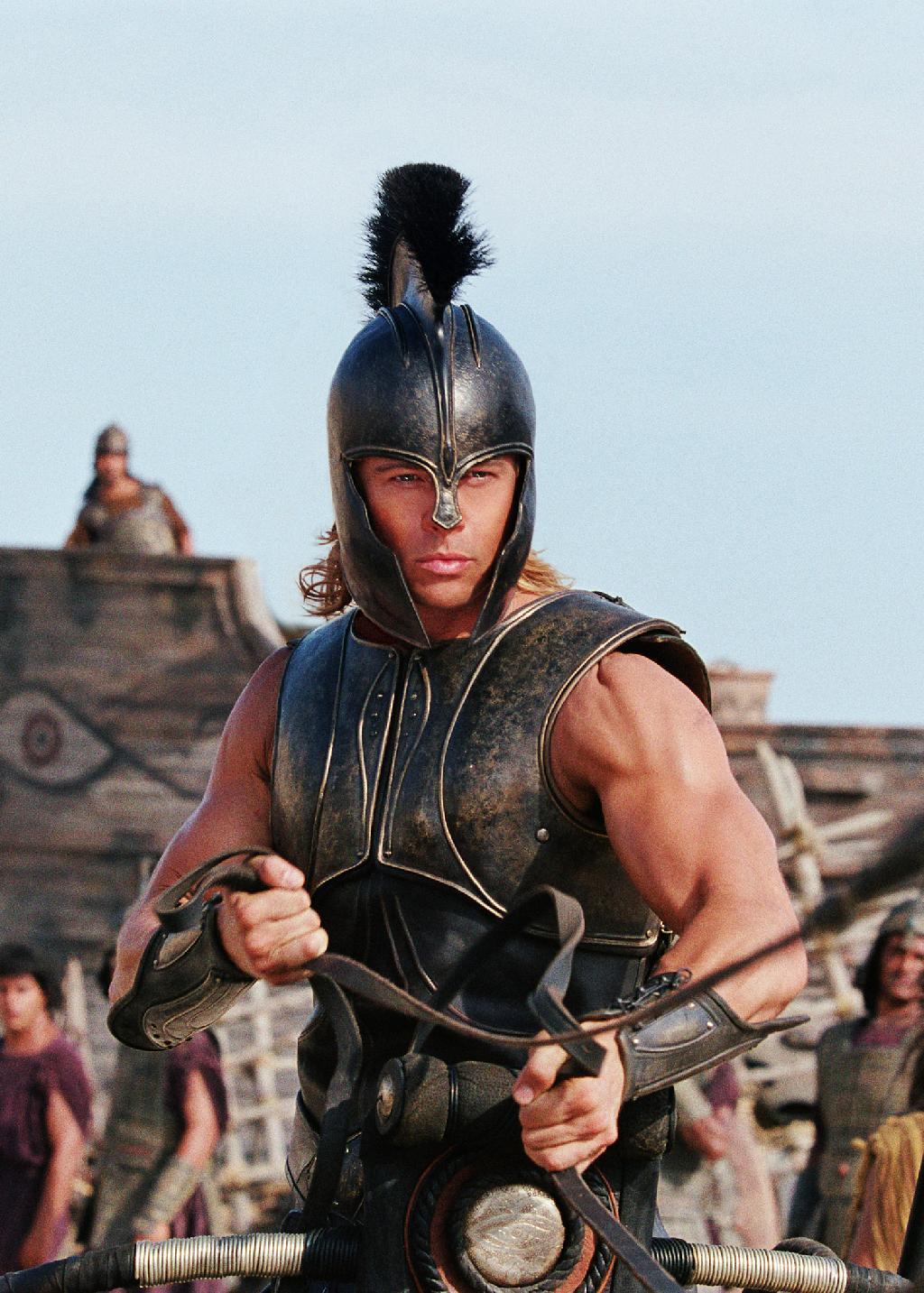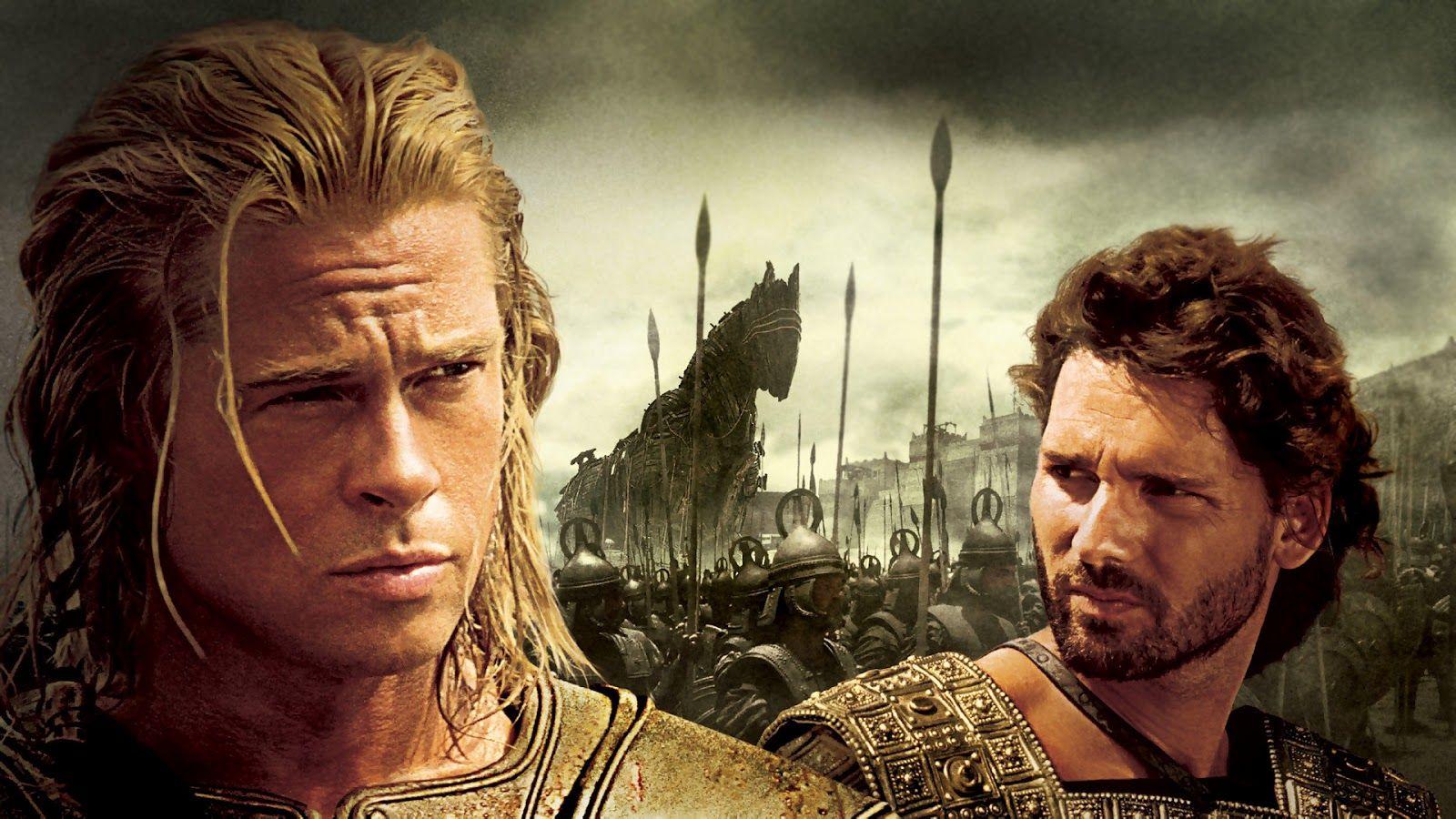You know, there's this enduring fascination with Troy, a name that pops up in so many conversations, stretching from the deepest past right up to today's chatter. This old city, situated in what we now call northwestern Anatolia, has always held a special spot in the way we tell stories and in the things we've found by digging up the ground. It's a place that, in a way, really sticks with you, holding onto its legendary status across different times and different kinds of tales.
Its fame isn't just because of some old dusty books; Troy, or Troíā as the ancient Greeks might have said, or Trōia in Latin, and even Wilusa to the Hittites, is arguably one of the most recognized cities in all of recorded time. It’s been made unforgettable, for instance, as the backdrop for Homer’s epic poem, the Iliad, a story that has been passed down through countless generations. This enduring connection to such powerful narratives is, well, pretty remarkable, and it shapes how we still think about it.
The story of the Trojan War itself, a blend of myth and what might have been real events, has captivated people for centuries, really. It’s a tale that mixes together brave acts, moments of betrayal, and a kind of never-ending search for what’s true. This historical account, or at least the legendary version, has given us so much to think about, and its influence, you know, just keeps going strong, making it a topic that still sparks interest and discussion, perhaps even in the form of modern "troy bond memes" if you think about how stories spread.
Table of Contents:
- Troy - A City of Lasting Impressions
- What Makes Troy's Story So Captivating?
- Uncovering the Real Troy - Beyond the Stories
- Troy's Enduring Presence in Modern Life
- The Archaeological Quest for Troy
Troy - A City of Lasting Impressions
This old city, Troy, it sat on some pretty important paths for trade, connecting places in Europe with those in Asia. People have always wondered about its actual size, you know, how big it truly was. It's a place that, in some respects, has sparked a lot of questions, and those questions, well, they just add to its mysterious appeal. The fact that it was positioned on these busy routes means it was probably a hub of activity, a spot where different cultures and goods met, which surely added to its fame and the stories that grew around it.
Beyond its location, Troy was, very literally, the setting for Homer's epic poems, the Iliad and the Odyssey. These stories mention Troy quite a bit, making it a household name, so to speak, even thousands of years later. The way these poems paint a picture of the city, its walls, and the people who lived there, it’s almost as if you can see it, even if it's only in your mind's eye. That enduring image, you know, is part of what makes Troy feel so real to us, even now.
- Is Rhea Ripley Bi
- Carson Shearer Dance
- The Muffin Man Meme
- Longest Instagram Call
- Brandy Billy Back Porch
The name itself, Troy, or Troíā in ancient Greek, Trōia in Latin, and known to the Hittites as Wilusa, really is one of the most recognizable cities from history. It’s been made immortal, as a matter of fact, as the main setting for Homer’s Iliad, a work that has shaped Western literature and thought for ages. The city's story, therefore, isn't just about a place; it's about how a place can become a symbol, a kind of cultural touchstone that many people recognize and talk about, sometimes like a shared idea, perhaps even a "troy bond meme" in a historical sense.
What Makes Troy's Story So Captivating?
The story of the Trojan War is, basically, a timeless tale that has really captured the attention of audiences for many, many centuries. It’s a blend of what we consider myth and what might be reality, and it kind of weaves together a narrative of great courage, moments of people letting others down, and a relentless search for what is true. This historical account, or at least the story that has been passed down, is one of those narratives that just keeps giving, offering new perspectives with each telling, and it’s a big part of why Troy remains so fascinating.
People have been telling this story, really, for a very long time, and it’s easy to see why it continues to hold such a strong appeal. It has all the elements that make for a compelling narrative: heroes, villains, grand battles, and personal struggles. The way it combines these elements, you know, makes it more than just a historical account; it becomes a sort of blueprint for storytelling itself. It’s a powerful example of how stories can connect us to the past, and to each other, creating a kind of shared cultural experience.
The quest for truth within the Trojan War story is, in some respects, what makes it so enduring. Was it a real war? Were the heroes as grand as they are depicted? These questions have driven both scholars and everyday people to explore the story more deeply. It’s a story that invites contemplation, prompting us to consider the nature of history, the power of belief, and the human condition. This ongoing conversation, basically, keeps the story alive and relevant, much like how a popular idea or "troy bond meme" might spread and evolve today.
How Did Homer's Tales Shape the Troy Bond Memes of Mythology?
For centuries, the city of Troy was, in a way, thought of as nothing more than a myth, a place made immortal only in Homer’s epic poems, the Iliad and the Odyssey. The very idea of the Greek fleet setting sail for Troy, you know, was something people just believed was a part of a grand story, not necessarily a factual event. This perception, that Troy was purely a creation of poetic imagination, held sway for a very long time, shaping how generations understood its place in history.
These poems, therefore, were the main way people formed their ideas about Troy. They provided all the details, the characters, and the events that came to define the city in the popular imagination. Without Homer, it’s hard to say if Troy would have had the same lasting impact, or if it would have been remembered at all. The narratives he crafted, you see, were so powerful that they essentially became the "troy bond memes" of their time, widely shared and deeply ingrained in cultural memory, passed from one person to the next.
The influence of Homer’s tales goes beyond just making Troy famous; they also gave it a specific character. The idea of the Trojan Horse, for example, or the tragic figure of Hector, these are all elements that came directly from Homer’s storytelling. They’ve become almost archetypes, recognized even by people who haven’t read the poems themselves. This is, in a way, the true power of these ancient narratives, their ability to create lasting impressions that resonate through time, much like a catchy idea or "troy bond meme" that spreads across different groups of people.
Uncovering the Real Troy - Beyond the Stories
Troy is, perhaps, best known as the setting for the Greek myth of the Trojan War, a tale that has been told and retold countless times. Yet, the archaeological site itself is now open for people to visit, a place for tourists to go and see. It was also added to the UNESCO World Heritage List, which really gives it a special kind of recognition. This means that what was once considered pure myth now has a tangible, physical presence, a place you can walk around and explore, which is quite something, honestly.
The fact that it's a tourist spot today means that people from all over the world can come and connect with this ancient story in a very direct way. They can stand where ancient battles might have happened, or where legendary figures might have walked. This physical connection, you know, adds another layer to the story, making it feel more real and immediate. It turns a tale from distant history into something you can experience with your own eyes, and that’s a pretty powerful thing for a place once thought to be just a story.
Being on the UNESCO World Heritage List means that Troy is recognized as having immense cultural and historical value for everyone, not just for one group of people. This designation helps protect the site and ensures that it can be studied and visited for many more years to come. It’s a clear sign that Troy is more than just a myth; it’s a significant piece of our shared human story, a spot where history and legend truly meet, and where, in a way, the "troy bond memes" of antiquity continue to resonate with people today.
Is There a Real Troy Behind the Troy Bond Memes of Antiquity?
Troy is, basically, the name of the Bronze Age city that was attacked in the Trojan War, a story that was very popular in the old Greek myths. It’s also the name given to the place where archaeologists have found the remains of this city, located in the northern part of what is now Turkey. So, there is, in fact, a real place that corresponds to the stories, even if the stories themselves are full of mythical elements. This distinction between the mythical tale and the actual archaeological site is, well, pretty important.
The discovery and identification of this archaeological site, you see, changed how many people thought about the Trojan War. It moved Troy from being just a figment of poetic imagination to a tangible place with a long history. This shift in understanding, from pure myth to a site with real historical layers, has been a major point of discussion for scholars and the public alike. It’s a fascinating example of how archaeology can sometimes confirm, or at least provide a basis for, ancient legends, giving them a new kind of "troy bond meme" reality.
The fact that it lay on trade routes between Europe and Asia, and that there are still questions about its size, really highlights its historical importance beyond just the war stories. Being on these routes suggests it was a significant center, a place where people from different parts of the world would meet and exchange goods and ideas. This practical aspect of Troy’s existence, in a way, grounds the legendary city in the realities of ancient life, showing that it was a functioning settlement with economic ties, not just a battleground for heroes.
Troy's Enduring Presence in Modern Life
The name "Troy" appears in many different contexts, even today, sometimes referring to modern places. For instance, you can find information about agendas and minutes, which are records of meetings for various boards and committees in a city named Troy. This shows how the name has, in a way, continued to be used for new settlements and administrative bodies, connecting the ancient world's stories to the everyday workings of a contemporary city. It’s a bit surprising, perhaps, to see such a legendary name in such a practical setting.
You can also, apparently, search for facts about a property in a city of Troy, learning details about specific pieces of land or buildings. This kind of public record access is a common feature of modern municipal life, offering transparency and information to residents and interested parties. It’s a very different kind of "troy bond meme" than the ancient epic, but it represents a modern connection to the name, showing its continued use in the fabric of everyday civic operations, which is pretty interesting when you think about it.
Furthermore, you can often find out about tax collections, tax bills, and how to make tax payments in a city called Troy. This practical aspect of city administration, while far removed from chariots and ancient heroes, is a crucial part of how a modern city functions. It just goes to show that the name "Troy" has, in some respects, been adopted and adapted into the very practical and sometimes mundane aspects of current public life, a kind of modern "troy bond meme" of civic responsibility, if you will.
How Do Public Records Connect to the Troy Bond Memes of Today?
The fact that a city named Troy has public records like agendas and minutes for its boards and committees really highlights how an old name can find new purpose. These records, you know, are about local governance, about how decisions are made in a community. It’s a far cry from the ancient city’s battles, but it shows a different kind of "bond" – the bond of citizens to their local government, and the transparency



Detail Author:
- Name : Sven Spinka
- Username : evalyn.mosciski
- Email : karina68@gmail.com
- Birthdate : 2006-06-02
- Address : 73955 Claud Parks Nikolaushaven, RI 27439
- Phone : 662-795-0834
- Company : Hyatt Group
- Job : Stonemason
- Bio : Suscipit cum voluptatem molestias aliquid inventore quia enim. Assumenda voluptates sunt animi. Cupiditate id quibusdam omnis reiciendis et quae.
Socials
twitter:
- url : https://twitter.com/amya606
- username : amya606
- bio : Sint consequuntur illo consequuntur commodi velit. Odit quia officiis cum voluptatem molestiae voluptatum. Nihil accusamus non architecto dolores quia.
- followers : 1371
- following : 1981
tiktok:
- url : https://tiktok.com/@amya8198
- username : amya8198
- bio : Vitae iure vel aut voluptas occaecati reiciendis.
- followers : 3532
- following : 2373
facebook:
- url : https://facebook.com/quigley2007
- username : quigley2007
- bio : Voluptatem eum aperiam praesentium ea facere nobis pariatur quidem.
- followers : 306
- following : 1675
instagram:
- url : https://instagram.com/amya7643
- username : amya7643
- bio : Ut quos omnis nihil sit sit enim. Sint dolore magni dolor expedita non.
- followers : 5664
- following : 2604